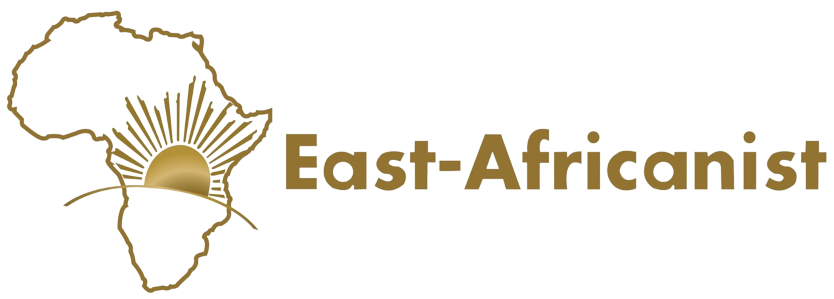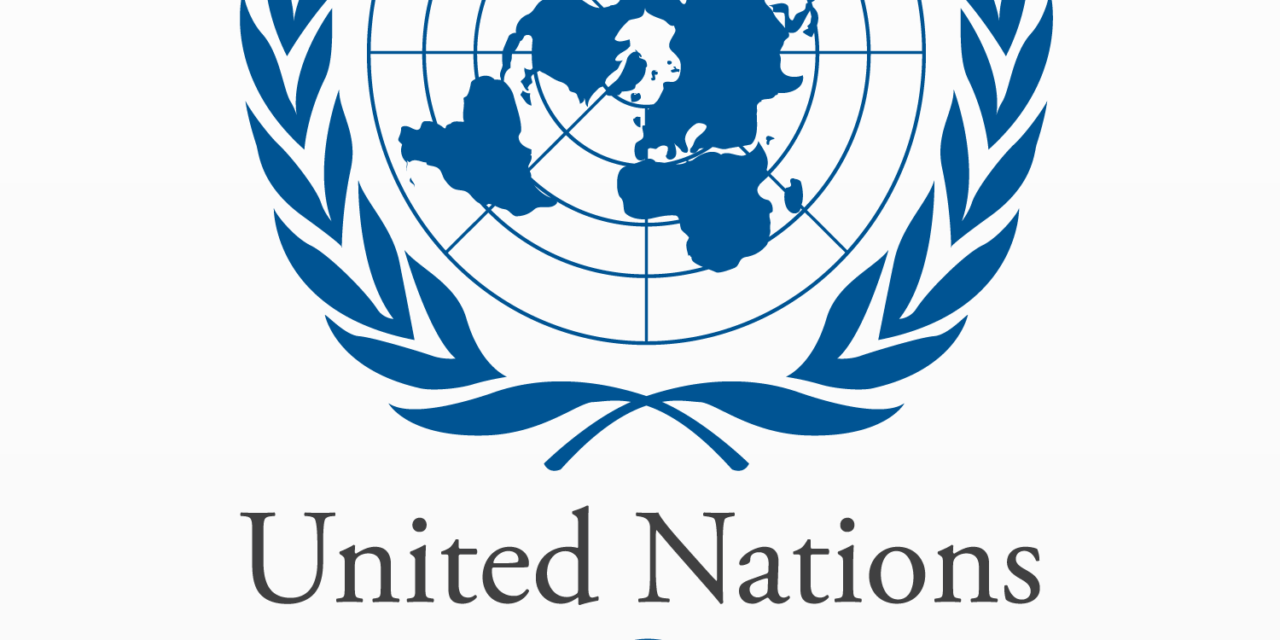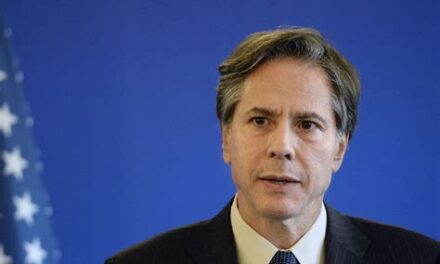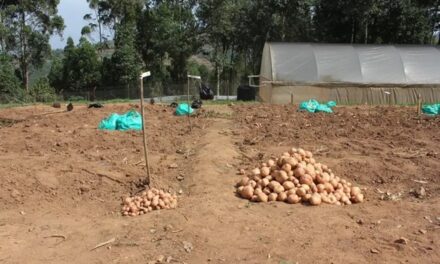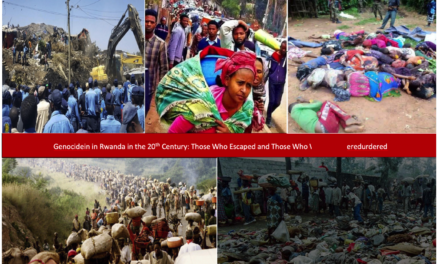By: Siem Abbaguba (Independent Researcher)
An article on the 75th anniversary of the United Nations explains how since the first African nations joined its milieu in the 1960s, the UN has failed the continent. The amount of resources mostly in the commodity of ‘experts’ that has poured in to the continent did nothing to bring solutions to overarching challenges.
The principal reason is that the UN plans its Humanitarian-Development work without much input from the concerned Africans. During these planning processes, it completely disregards the Human Right to Development declaration. Looking at selected rights without linking them to Right to Development is disastrous; for most of the continent’s problems relate to economic challenges.
Instead of the misleading selective human right approach, this declaration is what the continent and its people need.
The Declaration on the Right to Development, adopted by General Assembly resolution 41/128 of 4 December 1986 positions Development as a Human Right.
Article 1
1. The right to development is an inalienable human right by virtue of which every human person and all peoples are entitled to participate in, contribute to, and enjoy economic, social, cultural and political development, in which all human rights and fundamental freedoms can be fully realized.
2. The human right to development also implies the full realization of the right of peoples to self-determination, which includes, subject to the relevant provisions of both International Covenants on Human Rights, the exercise of their inalienable right to full sovereignty over all their natural wealth and resources.
The GA included for this declaration the following considerations, but with added emphasis:
Considering that the elimination of the massive and flagrant violations of the human rights of the peoples and individuals affected by situations such as those resulting from colonialism, neo-colonialism, apartheid , all forms of racism and racial discrimination, foreign domination and occupation, aggression and threats against national sovereignty, national unity and territorial integrity and threats of war would contribute to the establishment of circumstances propitious to the development of a great part of mankind.
According to the OHCHR, UN General Assembly resolution 1161 (XII):
In this resolution, the General Assembly expressed the view “that a balanced and integrated economic and social development would contribute towards the promotion and maintenance of peace and security, social progress and better standards of living, and the observance of and respect for human rights and fundamental freedoms.”
This theme was taken up at the International Conference on Human Rights, held in Tehran, Islamic Republic of Iran, from 22 April to 13 May 1968. The Conference expressed its belief “that the enjoyment of economic and social rights is inherently linked with any meaningful and profound interconnection between the realization of human rights and economic development.” It recognized “the collective responsibility of the international community to ensure the attainment of the minimum standard of living necessary for the enjoyment of human rights and fundamental freedoms by all persons throughout the world.”
For things to work in Africa, therefore, the three organisations that work in tandem to identify and implement humanitarian/political interventions – the Office of High Commissioner for Human Rights, the UN Refugee Agency and Peacekeeping operations need to apply consistently this declaration with their mandates. In the current setup, these three organisations work in isolation from development agencies, instead of working together to“attain the minimum standard of living necessary for the enjoyment of human rights and fundamental freedoms”OHCHR.
The current African reality is defined by 1) UN High Commissioner for Human Rights accepting inexistent human rights violations creating havoc in entire regions- instead of legitimately protecting human rights eg. East Africa vs Yemen. 2) The UN High Commissioner for Refugees exaggerating displacement issues, spreading misinformation and refusing towork with development and government agencies in countries of origin to find effective solutions – keeping entire populations on hand to mouth survival for decades eg. Somalian, Eritrean, South Sudanese and now Ethiopian refugees. And 3- Peacekeeping missions – instead of leading states through a transition to stable government, based on democratic principles, good governance and economic development – allowing for the powerful regional and international powers to destabilise countries and displace people eg. DRC, CAR, Somalia, South Sudan etc.
These realities need to change.
African countries can and will find solutions to their problems and will ensure their Right to Development. The East and Horn of Africa region brings new opportunities and an arena to challenge the UN’s Humanitarian hegemony. Since the 1990s E&HA region has been changing. The UN subjected Eritrea to nine (9) years of sanctions on fabricated allegations and continuous depopulation for refusing humanitarian aid and international loans.
Yet, the region is reaffirming solutions that emphasize country-oriented approaches since 2018. The Eritrea/Ethiopia rapprochement; engagements with Somalia, South Sudan, and Sudan; diplomatic shuttles to solve the GERD disagreement between Ethiopia, Egypt and Sudan are examples. What is new? There was no need for the UN or international intervention.
While implementing the Right to Development is vital for the UN’s relevance in the continent, the first essential step is acknowledging the basic rules of engagement which the UN regularly ignores.
First, the UN must accept the sovereignty of each country on the continent. The UN only works at the invitation of each country and under the leadership of the Host Government – the UN is a guest and must behave like one. It is a fact that UN agenciesapply their mandate selectively to African countries infringing on sovereignty and extending the grip of western neo-colonialism in the guise of Humanitarian Aid. The UN must take a step back.
Secondly, the UN is not supposed to function as a legislative, executive, or judicial entity, but as a moral authority.
Thus, the UN must stop considering itself as a substitute to legitimate governments and interfering in internal affairs of countries. This is prevalent in Africa where some UN agencies undermine governments and the people without considering critical issues around conflicts and displacement, overstepping its authority. That Africans cannot lead their countries and do not care about their citizens is an outdated idea;cookie cutter approaches and copy paste democracies do not work. The UN must work with governments, not against them.
Third, the UN must review its convoluted and inefficient governance and structure to be leaner and more effective. The marshalling of ‘experts’ who have no clue about what they are doing or worse, who highest bidders pay to destabilise countries and regions are unwelcome. The UN should not spend money donated to countries on illegitimate experts but on the needs identified by each country with nationals implementing the plans on the ground. This reduces the expenditure on international ‘experts’ and allows for the development of the country. The UN must listen.
Finally, the UN should improve its information collecting system to have unbiased and quality information that feeds its decision-making systems.
As the United Nations is major global institution that is presumably neutral, it cannot depend on unreliable, unattributable information. It has the obligation to get information from all parties and analyse them adequately before taking sides. Biased information erodes its credibility and hurts the people it alludes to help. The UN must be impartial.
These basic steps will help the UN stay on course in the continent. It is imperative that the UN moves from its self-accorded authoritarian arrangement to its support role. However, if the UN wants to remain relevant in the African sphere and specifically in the E&HA region, heeding the changing dynamics and shifting its philosophy to adapt to these changeswill be vital. It is time for the UN to opt to be part of this new paradigm shift or risk being irrelevant.
